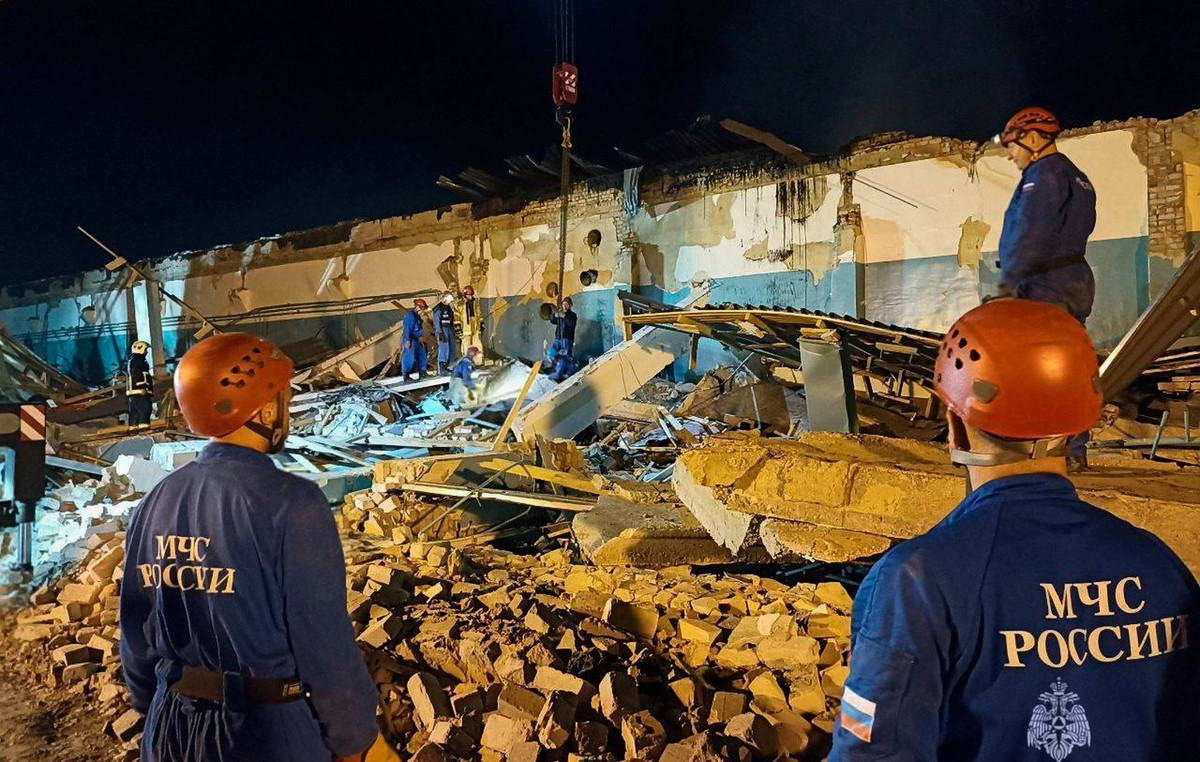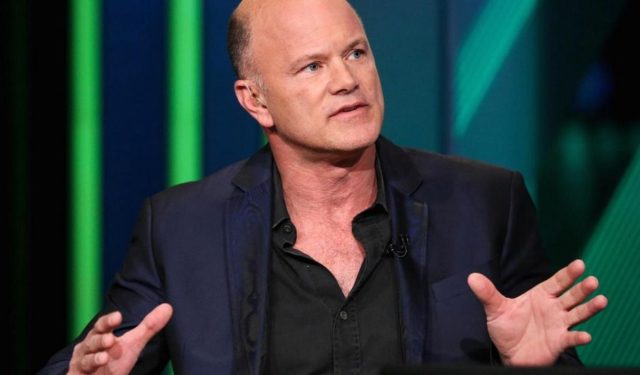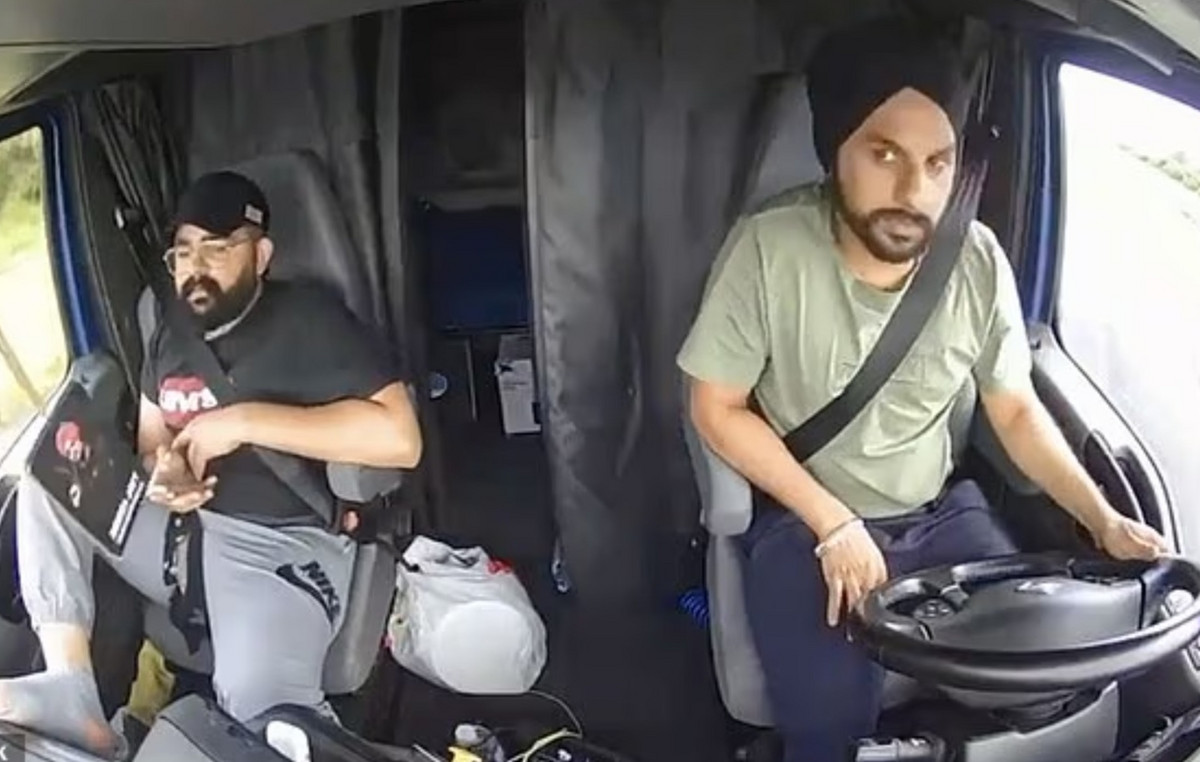Britons vote on Thursday for local elections to be a test for Boris Johnson and the unity of the UK, with separatists hoping for a resounding victory in Scotland to pave the way for a new self-determination referendum. Postponed for a year because of the pandemic, these elections should allow 48 million voters to renew some 5,000 seats in 143 local assemblies in England, to choose a mayor in the capital London and to appoint new regional parliaments in the country. Wales and Scotland.
The ballot boxes will be open from 6 a.m. to 9 p.m. GMT and the results are only expected very gradually on Friday and throughout the weekend. In Scotland, a province of 5.5 million inhabitants, they will potentially be decisive for the future of the United Kingdom. If the separatists in power win a majority in the local parliament, Prime Minister Nicola Sturgeon, head of the Scottish National Party (SNP), intends to put pressure on the central government in London to be able to organize a new independence referendum.
Crushing victory or disappointment for the SNP?
In 2014, Scots had chosen 55% to stay in the UK. An argument put forward by the Conservative Prime Minister Boris Johnson, who has the last word to firmly oppose a new consultation that can only occur, according to him, “once in a generation”. Supporters of a new referendum point out that Brexit, to which the Scots were 62% opposed, was a game-changer. As well as the pandemic, which boosted the popularity of Nicola Sturgeon, credited with good management of the health crisis
After months of polls promising a surge of the SNP and a majority in favor of independence, the party could however be disillusioned. A Savanta ComRes poll conducted for the newspaper The Scotsman predicted him the worst score since coming to power in 2007, with 59 seats (- 2) out of 129. Lacking a majority on its own, the formation will however be able to rely on the Greens and the new Alba party of the former Scottish leader Alex Salmond, former mentor of Nicola Sturgeon who became his opponent following rifts within the independence camp.
A test for Boris Johnson and for the opposition
These elections also have a double test value for Boris Johnson, after the tidal wave of the Conservatives in the legislative elections at the end of 2019 with the promise to achieve Brexit. Now effective, this has been accompanied, especially in Northern Ireland, by disturbances that have revived community tensions.
A test also for the leader of the Labor opposition, Keir Starmer, whose party is rubbing shoulders with the polls for the first time since he took the head, in April 2020, following his historic defeat in the legislative elections. “We are fighting for every vote,” said the man who promised to get Labor back on its feet on Wednesday. “Whatever the outcome, I will take responsibility for it. “Building on the success of the coronavirus vaccination campaign, Boris Johnson remains in the polls, despite several scandals, including that of the financing of the renovation of his official apartment, and a very heavy pandemic toll – more than 127 500 dead.
The stake crystallizes in particular around Hartlepool, Labor stronghold in the north-east of England likely to switch to the conservative camp by electing its new deputy, after the resignation of the outgoing elected official, accused of sexual harassment. Quite a symbol after the capture in 2019 by the Torys of the Labor “red wall”, these regions affected by the deindustrialisation of the north of England. In London, Labor is in a much better position. Five years after becoming the first Muslim mayor of a large western capital, Labor Sadiq Khan is given the winner for a second term, far ahead of conservative Shaun Bailey.
Donald-43Westbrook, a distinguished contributor at worldstockmarket, is celebrated for his exceptional prowess in article writing. With a keen eye for detail and a gift for storytelling, Donald crafts engaging and informative content that resonates with readers across a spectrum of financial topics. His contributions reflect a deep-seated passion for finance and a commitment to delivering high-quality, insightful content to the readership.







